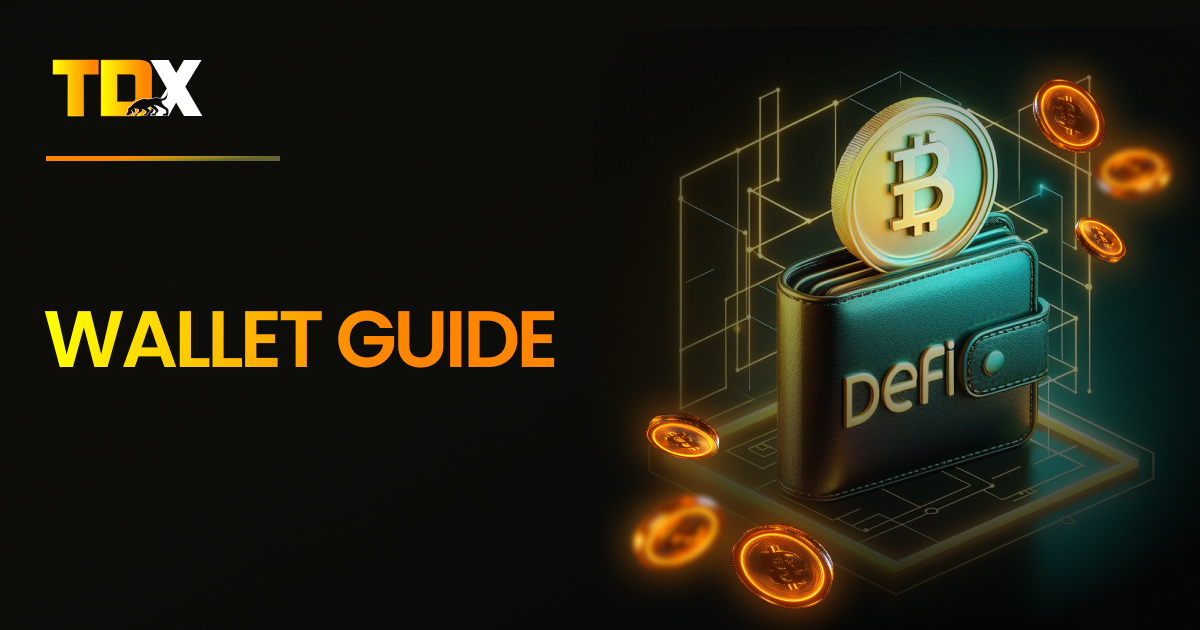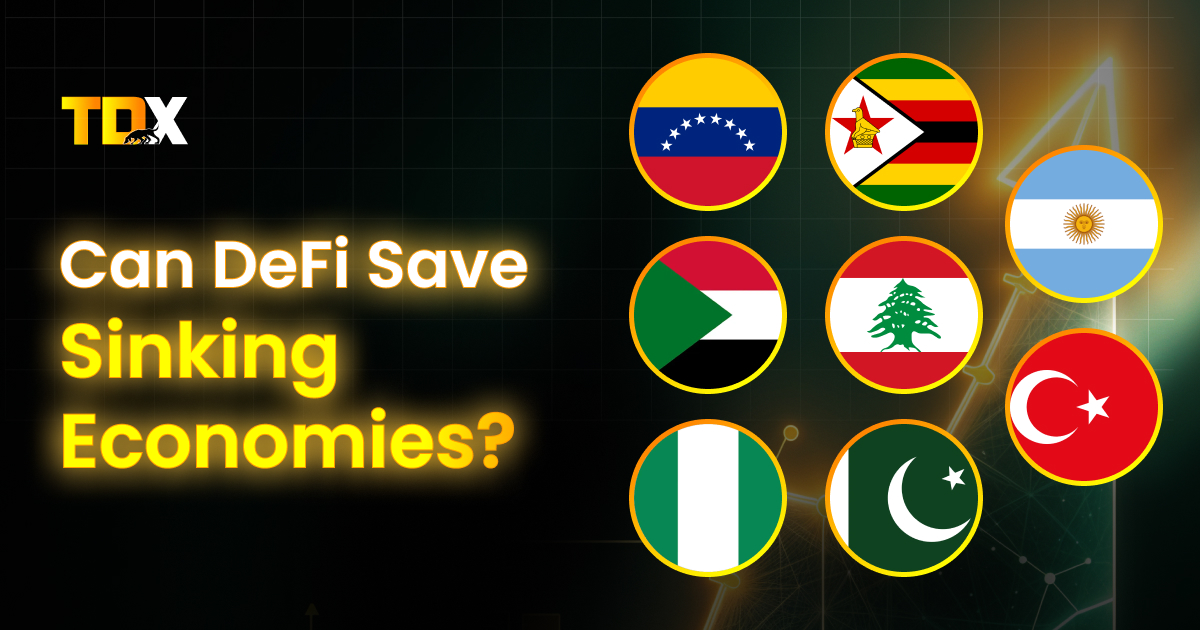 Back to blog
Back to blog


The Transformative Influence of Blockchain in the Entertainment Industry
Imagine a world where blockchain technology reshapes the very core of the entertainment industry, offering artists unprecedented control over their creations, and fans the ability to truly own digital assets like music or film. This transformation is not hypothetical… It’s rapidly becoming a reality as blockchain in entertainment begins to redefine media and entertainment industries.
Want to find out more about this exciting combination of blockchain technology and media and entertainment industries? Read on!
Blockchain In Media, Advertising and Entertainment Statistics
Market Growth
The blockchain market in media and entertainment is projected to grow from USD 395.6 million in 2022 to USD 11,766.5 million by 2030, with a CAGR of 52.8% during the forecast period. This growth is driven by the need to eliminate intermediaries and enhance transaction security and speed.
Revenue Streams and Business Models
Blockchain technology is revolutionizing revenue streams and business models in the entertainment industry. By leveraging blockchain, creators can bypass costly intermediaries, leading to new monetization methods like micropayments and tokenization. This shift is fostering innovative business models and enhancing content distribution.
Digital Rights Management
Blockchain-based digital rights management systems are crucial in protecting intellectual property and combating digital piracy. These systems ensure fair compensation through streamlined royalty payments and secure content distribution, which is vital for the media and entertainment industries.
Adoption and Spending
Global spending on blockchain solutions is expected to reach nearly USD 19 billion by 2024, tripling from 2021 levels. This surge is largely due to the adoption of blockchain in various sectors, including media and entertainment, which are exploring blockchain’s potential to enhance transparency and efficiency.
Blockchain Platforms and Applications
The use of blockchain platforms in media and entertainment is expanding, with applications ranging from smart contracts to digital advertising and online gaming. These platforms are enabling new business models and enhancing fan engagement by providing secure and transparent transactions.
These statistics highlight the transformative impact of blockchain technology on the media and entertainment sectors. It offers significant growth opportunities and innovative solutions for content creators and consumers alike.
Challenges Facing the Media & Entertainment Industry
One of the primary challenges is intellectual property rights in the digital age. The widespread availability of media content online has led to a surge in digital piracy, severely impacting revenue streams and fair compensation.
According to Cointelegraph, piracy losses could reach $52 billion by 2022. Blockchain technology offers potential solutions through digital rights management systems that provide immutable records, ensuring that creators are fairly compensated through streamlined royalty payments.
The industry also grapples with the burden of costly intermediaries. Traditional business models involve numerous layers of intermediaries, reducing the revenue share for original creators. Blockchain solutions can eliminate these unnecessary intermediaries by facilitating direct transactions through blockchain-based marketplaces.
For instance, as highlighted by Protokol, blockchain enables smart contracts to automate royalty payments, ensuring artists like British singer Imogen Heap receive fair compensation. This not only enhances efficiency but also allows creators to retain more control over their work.
Moreover, the shift towards on-demand streaming services has disrupted existing distribution models. Consumers are increasingly favoring usage-based payment models, demanding flexible and fair pricing. Blockchain applications, such as micropayments, allow consumers to pay only for what they consume, providing a win-win scenario for both consumers and creators. Protokol notes that these models help retain consumer interest and ensure content creators are paid appropriately.
In digital advertising, immutable records provided by blockchain can combat fraud, which cost the industry $23 billion in 2019. By offering transparent and verifiable metrics, blockchain helps advertisers optimize their spending and improve ROI.
Lastly, maintaining fan engagement in a saturated market remains a challenge. Leveraging blockchain in entertainment can enhance fan experiences by allowing personalized interactions and rewarding loyalty through digital collectibles. This approach not only strengthens consumer relationships but also opens new avenues for monetization.
The media and entertainment sectors have vast growth opportunities by embracing blockchain innovation. However, implementing these advanced technologies requires strategic planning and investment in custom blockchain solutions.
Industry leaders must navigate these challenges to harness the full potential of blockchain technology, ensuring a more sustainable and equitable future for all stakeholders.
What Are the Benefits of Blockchain in Media and Entertainment?
Blockchain technology is revolutionizing the media and entertainment industry, offering a range of benefits that are reshaping how content is produced, distributed, and consumed.
Here’s a closer look at the key advantages:
Enhanced Transparency and Security
One of the most significant benefits of blockchain in entertainment is its ability to provide enhanced security and transparency. By leveraging blockchain, media companies can create immutable records of transactions, which helps in tracking digital assets and intellectual property rights. This reduces the risk of data piracy and ensures content security, giving creators and consumers more confidence in the system.
Streamlined Royalty Payments
Blockchain technology facilitates the implementation of smart contracts, which can automate royalty payments. This ensures that artists and creators receive their fair share of revenue without delays, eliminating the need for costly intermediaries. For instance, blockchain-based marketplaces can directly connect creators and consumers, optimizing revenue streams and ensuring fair compensation (Protokol).
New Business Models and Revenue Streams
The adoption of blockchain in media enables the creation of new business models. By allowing consumers to pay for content via micropayments or usage-based payment models, media companies can explore new revenue streams. This shift is particularly beneficial in the streaming services sector, where flexibility and customization are key to retaining subscribers.
Improved Digital Rights Management
Blockchain platforms can significantly enhance digital rights management systems. By maintaining a transparent and tamper-proof record of content ownership and usage, media companies can protect their intellectual property more effectively. This innovation helps combat digital piracy and ensures that creators receive the recognition and financial rewards they deserve.
Reduction of Transaction Costs
By eliminating unnecessary intermediaries, blockchain solutions reduce transaction costs in the entertainment market. This not only benefits creators by increasing their share of profits but also allows for more competitive pricing for consumers. Additionally, blockchain networks facilitate efficient content distribution, making it easier for media companies to reach global audiences.
Boosting Fan Engagement
Blockchain applications in the entertainment sector can foster increased fan engagement by offering digital collectibles and interactive experiences. Platforms like Apple Music can leverage blockchain to provide unique content, enhancing the connection between artists and their audiences. This not only boosts loyalty but also opens up new avenues for monetization and fan interaction.
In summary, blockchain innovation presents significant growth opportunities for the media and entertainment industries. By adopting blockchain technology, entertainment companies can enhance security, streamline operations, and create more equitable systems for all stakeholders involved. As blockchain adoption continues to rise, these industries stand to benefit from the efficiencies and innovations that this technology brings.
3 Blockchain Use Cases in the Entertainment Industry
Blockchain technology is making significant strides in the entertainment industry, offering innovative solutions that address longstanding challenges. Here are five compelling use cases:
- Ujo Music
This platform uses blockchain to automate royalty payments. It ensures fair compensation for artists. - NBA Top Shot
A platform for digital collectibles, allowing fans to buy, sell, and trade NBA highlights. - Audius
A decentralized music streaming service that connects artists directly with fans.
Future of Blockchain in the Entertainment Industry
The entertainment industry is on the brink of a digital revolution, with blockchain technology poised to transform how media content is created, distributed, and monetized. As blockchain in entertainment becomes more prevalent, it promises to redefine existing business models, create new revenue streams, and enhance the security and management of digital assets.
Transforming Business Models with Blockchain
In traditional media and entertainment industries, intermediaries often control content distribution and revenue flow, leading to inefficiencies and increased costs. Blockchain technology offers a solution by deploying smart contracts that automate processes like royalty payments, ensuring artists and creators receive fair compensation directly. This eliminates unnecessary intermediaries and streamlines royalty payments, making financial transactions more transparent and efficient.
Platforms such as Ujo Music exemplify how blockchain networks are revolutionizing the music industry. Ujo Music uses blockchain-based platforms to automate royalty payments, thus reducing transaction costs and providing artists with greater control over their intellectual property.
Enhancing Content Security and Intellectual Property Management
One of the most significant challenges in the media industry is protecting intellectual property against digital piracy. Blockchain in media offers advanced technologies to create immutable records of content ownership and transactions, enhancing content security and mitigating data piracy risks. This is particularly crucial for digital content, where unauthorized copying and distribution can severely impact revenue.
Blockchain applications such as digital rights management systems provide media companies with innovative solutions to protect their intellectual property rights. By implementing blockchain solutions, the media and entertainment sectors can safeguard their content and ensure that creators are adequately rewarded for their work.
Creating New Revenue Streams and Business Models
The adoption of blockchain in the entertainment sector opens up significant growth opportunities. Blockchain-based marketplaces for digital collectibles, like NBA Top Shot, are pioneering new business models by allowing consumers to buy, sell, and trade digital assets. These platforms leverage blockchain technology to offer fans unique, verifiable digital memorabilia, creating entirely new revenue streams for entertainment companies.
Moreover, blockchain platforms such as Audius are reshaping streaming services by connecting artists directly with their audiences, offering a transparent and fair revenue-sharing model. By reducing reliance on costly intermediaries, these platforms enable artists to retain a larger share of revenue, promoting a more sustainable music business model.
The Road Ahead for Blockchain Innovation
Blockchain adoption continues to grow, so the media and entertainment industry stands to benefit from its ability to reduce costs, improve security, and foster new business opportunities. The potential for deploying smart contracts and blockchain-based digital rights management systems is vast. It promises to transform content distribution and fan engagement fundamentally.
The future of blockchain in entertainment is definitely bright, with custom blockchain solutions driving market growth and innovation.
As more media companies explore the capabilities of blockchain, the entertainment industry might undoubtedly experience a shift towards more efficient, transparent, and equitable business practices, paving the way for a new era in digital content.
Conclusion
The blockchain technology is carving a new path for the future of the media and entertainment industries. By revolutionizing traditional business models, enhancing the security of digital content, and introducing new revenue streams through innovative applications like smart contracts, blockchain in entertainment is setting the stage for a profound transformation. As blockchain adoption accelerates, the media industry and entertainment sector are poised for significant growth, harnessing the power of blockchain to foster greater transparency and efficiency.
This wave of innovation promises to reshape the entire landscape, offering creators and consumers alike exciting new ways to engage with digital content. The journey of integrating blockchain into entertainment is just the beginning, and its potential impact will undoubtedly continue to drive the industry forward.
40,000 readers 🚀 are getting insights with our media
 Read on Medium
Read on Medium 

Article
“Is Ethereum dead?” This is a trending argument that is appearing in various crypto communities and media. Which is not…


Guide
Welcome to the beginner’s guide on Trust Wallet, MetaMask, and Exodus—three most common cryptocurrency wallets for managing your crypto assets….


Article
When Venezuela’s inflation hit 189.8% in 2023 [Central Bank of Venezuela, 2023], Maria’s life savings of 200 million bolivars (enough…


Article
For generations, Indians have trusted one investment: fixed deposits (FDs). If you walk into any Indian household, chances are someone…


